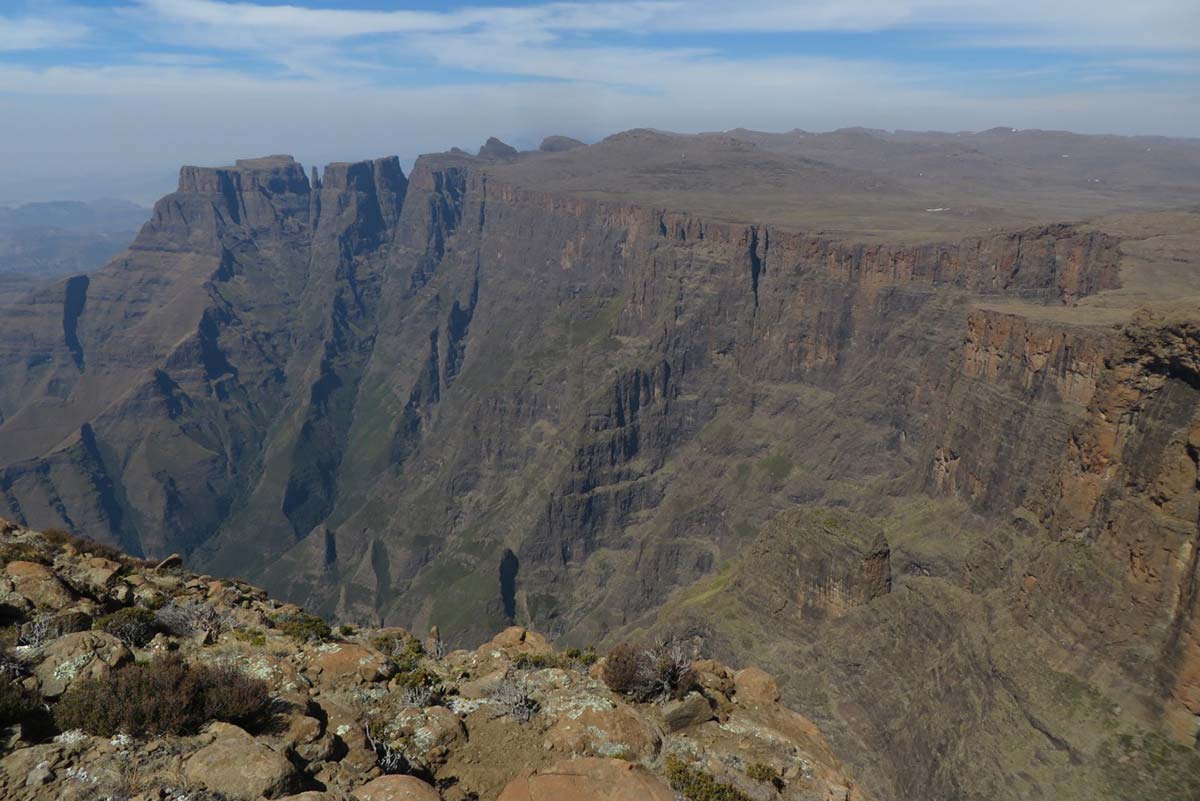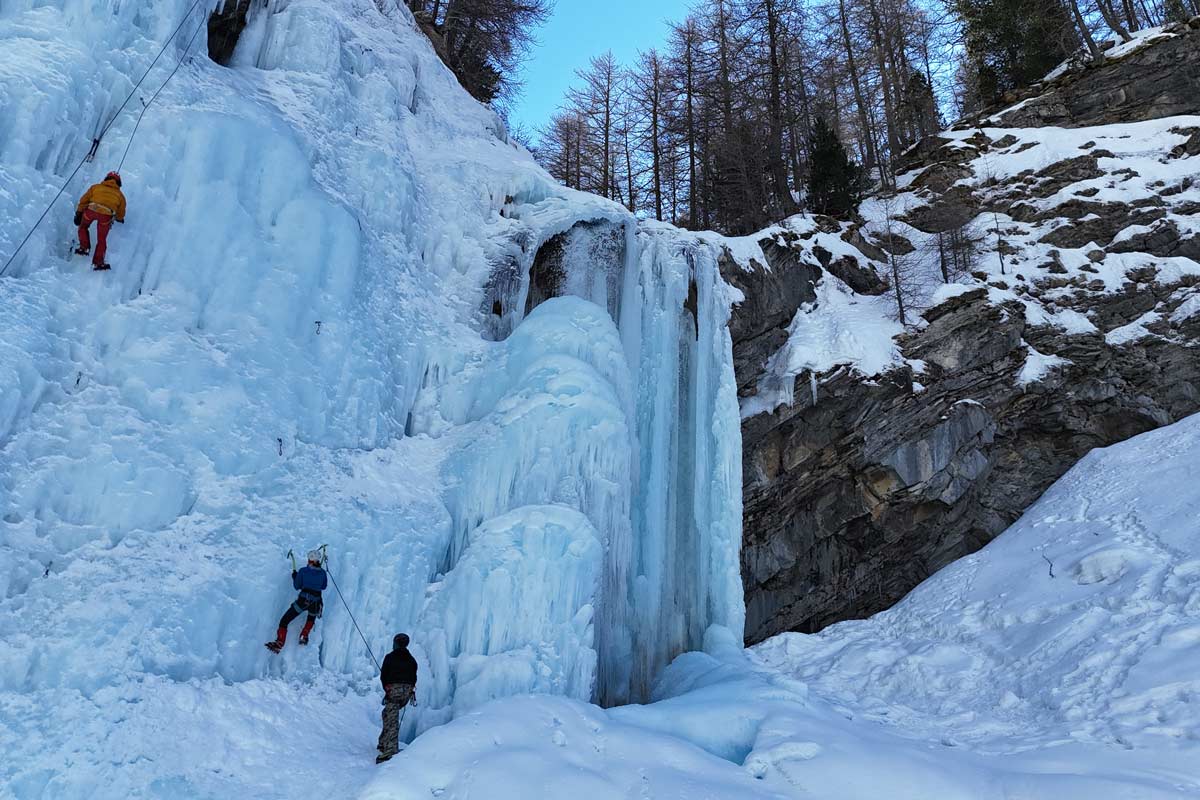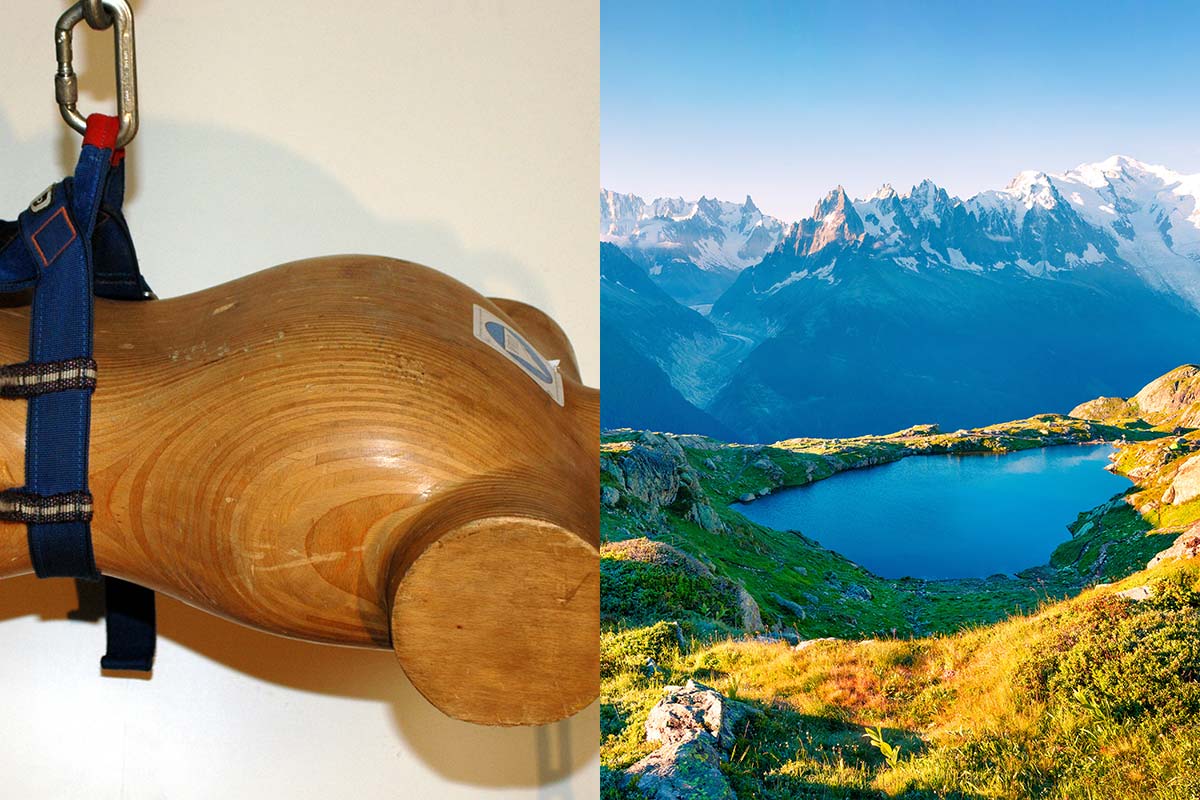“Covid-19 lockdown measures and their impact on our freedom have made many people turn their eyes to the mountains, valleys, paths and rural areas with different attitudes,” explains UIAA Access Working Group President Juan Jesús Ibáñez Martin. “The experiences of the past few months, where in some countries there has been a rise in accidents, present an opportunity for our member federations to analyse certain trends and offer people the necessary guidance and advice, especially those new to mountain activities.”
Ibáñez Martin and members of the Access WG have shared details for publication on the UIAA Covid-19 portal of experiences in their respective federations and countries.
Please note lockdown levels (1-5) vary in different countries.
EUROPE
Portugal, Joao Paulo Queirós, Federação de Campismo e Montanhismo de Portugal (FCMP)
The UIAA page about Covid-19 has been a good source of information. I have also contributed with some information issued in Portugal by the FCMP. However, since June, the FCMP has not issued any more info related to Covid-19, leaving it directly to the health authorities. Since the end of May, the General Health Services in Portugal have sought to provide information on different subjects which can then be applied to all sectors in society.
At this moment, in what concerns access to the mountains and the use of mountain huts, people have to take the necessary care, such as wearing masks, washing hands, limiting group numbers, and so on.
Compared to what we had before Covid, there are no different rules in relation to access to mountain areas, except if the group is larger than ten people (this is the maximum number permitted, as of 15 September). All mountain visitors should wear masks (except if the members are of the same family or live together, ie, in the same ‘bubble’) and maintain the recommended social distancing.
Mountain huts or hotels which are open, have applied for the mandatory Clean & Safe accreditation from the Tourist Board. This allows them to demonstrate their compliance with Covid-19 regulations. The owners who haven’t been able to implement these measures still see their properties closed.
Spain, by Juan Jesús Ibáñez Martin, Federación Española De Deportes De Montaña Y Escalada (FEDME)
In Spain, the lockdown period started in the middle of March before gradually easing at the beginning of May following a system of stages that, depending of the region, were adapted in levels of strictness.
During lockdown most personal movement was forbidden (with the exception of certain professions). All club activities, whether individual or competitions, were cancelled. For the gradual reopening, some movement in smaller groups was allowed within specific timeframes, such as short trips to nature areas. People with a FEDME mountain license had the possibility to practise more activities and over longer periods.
In these uncertain times, the safety department of FEDME, following the guidance of the Spanish government, produced documents to align with recommendations based on hygiene, social distancing, spending time in the mountains and climbing in groups.
Finally, personal freedoms returned to levels nearing normal. Huts started to reopen with strict reduction in capacities, in cleaning procedures, rules for accommodation and bar and restaurant services. It’s important to remark that, in protected areas like National and Natural Parks, the authorities allow, in these extraordinary circumstances, for people to camp outside huts to compensate for the loss of sleeping places.
As the summer season arrived, more people expressed a desire to be outdoors and stay healthy by discovering mountains, valleys and paths as new areas to explore. This has resulted in a significant increase of accident rates (a FEDME communication campaign has been launched to help combat this).
Most mountain competitions are still cancelled and the season wiped out (in mid-September the Spanish Government department for sport produced a protocol for organising non-professional competitions).
SOUTH AMERICA
Argentina, Esteban Degregori, Federaciòn Argentina de Ski y Andinismo (FASA)
Here in Argentina the situation is very complex and different depending on the region. For example, in Patagonia there are many people in the mountains, skiing and now starting to climb. Normal life has almost resumed although with restrictions on travel between regions. Meanwhile, the north of the country has seen a collapse of the health system and a return to Phase 1. FASA has drawn up protocols for a return to normal mountain and climbing activities, including indoor walls, but there are huge variations in what is possible between different regions.
Chile, Pablo Rebolledo, National Sports Federation of Mountain Sports and Climbing of Chile (FEACH)
In Chile, there have been many different scenarios, something similar to the situation in Argentina. First of all, we are not using the lockdown system, the government instead has implemented five different stages, and every week every city may or may not change their status. Most of the largest cities are in stage 1 or 2, meaning, absolute lockdown or “transition”. And some national parks are now open to visitors. Generally speaking most people still cannot go to the mountains, exceptions being in some places for small groups for a limited timeframe (of a few days).
AFRICA
South Africa, Richard Sherry, Mountain Club of South Africa (MCSA)
South Africa went into a hard Covid-19 lockdown on 26 March which was applied uniformly throughout the country. ‘Level 5’ movement outside one’s home was allowed for essential purposes only. All parks and reserves were closed and most gatherings were prohibited. The MCSA huts were closed group activities cancelled.
The restrictions have been gradually relaxed, step by step. At Level 4, movement was allowed within municipal boundaries but ‘exercise’ only permitted between 06:00 and 09:00 within 5km of one’s home. At Level 3, movement was allowed within provincial boundaries, most parks and reserves were re-opened and MCSA huts were re-opened but occupancy limited to one group of up to six people at a time.
Now at Level 2, movement throughout the country is allowed the MCSA’s programme of Club meets (several group outings per week to hike and climb) has resumed, while still recommending masks, social distancing, etc. It seems that this virus will be with us for some time to come.
ASIA
Taiwan, Hank Hwang, Chinese Taipei Mountaineering Association (CTMA)
As an oceanic island, Taiwan has been blocked and self-controlled since last February. There has not been a lockdown of a city or area. Strict social distancing measures have been put in place. These measures have been efficient. In July, with people believing the virus to have been eradicated, huge numbers visited wilderness areas which saw a steep rise in accident rates. A second wave of the virus is inevitable and needs to be confronted with serious measures.
Please refer to the UIAA’s Covid-19 portal for further information.
Main photo: Courtesy of the MCSA



